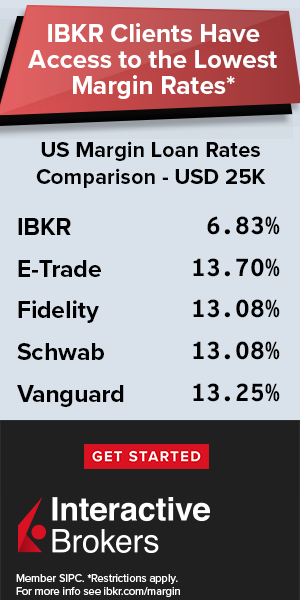Although the taxation of cryptocurrencies could be complicated, the key principle is yet simple. The following aspects of crypto transactions are taxable: sales of crypto, trading of crypto, purchases through the use of crypto, and rewards from staking and airdrops. On the other hand, following are not taxable: buying crypto, donating made through crypto, and transferring crypto.

How Internal Revenue Service Tax Crypto
To the US Federal Internal Revenue Service, cryptocurrencies are viewed as properties. That means proceeds from crypto are taxable. Keep in mind that the taxation agent receives information from the majority of the centralized crypto exchanges operating in the U.S. Because Know Your Customers (KYC) requirements have been imposed on all reporting exchanges, crypto traders should never disregard their tax obligations.
Similar to equities, the Internal Revenue Service (IRS) recognizes digital currencies as being subject to regulations on capital gains and losses. The initial cost of a cryptocurrency becomes its basis when you buy it. You are taxed on the difference between the sale price and the basis once you have sold it.
A year’s worth of transactions is added together to determine the net total for capital gains and losses. For instance, if you run at loss by realizing $6,000 over the sale of two digital assets and for the sale of separate crypto you realized a net profit of $2,000, you will end up with a net capital loss of $4,000.
Capital losses that total up to $3,000 can be carried over to subsequent years and deducted from your taxable income each year. For instance, if you have a net capital loss of $4,000 in 2022, you can apply $3,000 of that loss toward your 2022 taxes and the remaining $1,000 toward your 2023 taxes.
The amount of time you hold an asset before selling it affects the tax rate on the capital gain. You are subject to short-term capital gains taxes if you hold your crypto for less than a year. Otherwise, long-term capital gains are relevant, and in this situation, they are much lower than short-term gains. The precise tax you pay will depend on your filing status, and taxable income and you may not have to pay tax on capital gains at all.

Required Tax Forms for Crypto
To start, traders who earn $600 or more through crypto incentives and staking receives forms 1099-MISC (miscellaneous income) from cryptocurrency exchanges like Coinbase. Furthermore, the tax agency receives these papers automatically. Cryptocurrency exchanges are required to submit a 1099-B (Proceeds from Broker and Barter Exchange Transactions) under the infrastructure and investment jobs Act was put into effect by the Biden administration in November of 2021.
You must complete the following forms and attach them to your individual income Tax Return form 1040 (Which calculates your total taxable income) in order to report cryptocurrency on your taxes.
Form 8949 is for determining capital gains or losses from sales of cryptocurrencies.
Form Schedule D (1040) is for reporting the overall gain on capital and losses. It is important you list your short-term and long-term gains and losses here.
Form 1040 Schedule 1 covers capital gains or the crypto profit coming from staking, airdrops, hard forks, and interest on loans.
Form 1040 Schedule C is for those who receive crypto in form of salary.
Determine your Tax Basis
This is very important because it’s used to determine the number of gains or losses accrued on capital. The amount at which crypto was purchased, including exchange or transaction cost, is often its tax basis.
To assure the accuracy of your capital gains or losses, it makes sense to keep a record of your cost basis. If you don’t have a record, it is not a problem. By researching the asset’s historic price at the time of acquisition you can estimate.
The cost basis for cryptocurrency acquired through mining or staking is based on the crypto’s fair market value at the moment you received it.
List of the Types of Crypto Tax
• Mining Tax
• Airdrop Tax
• Taxes on Forks
• Gifts or Donation Taxes
Tax filing is required in the US. If you don’t file your tax, you risk fines, interest audits, confiscated refunds, and even jail time. Even if you are entitled to a refund or have no tax liabilities this still holds true.
Learn from market wizards: Books to take your trading to the next level


 Hot Features
Hot Features













